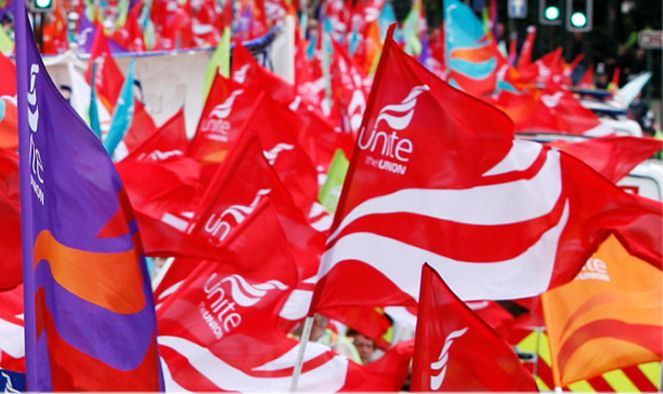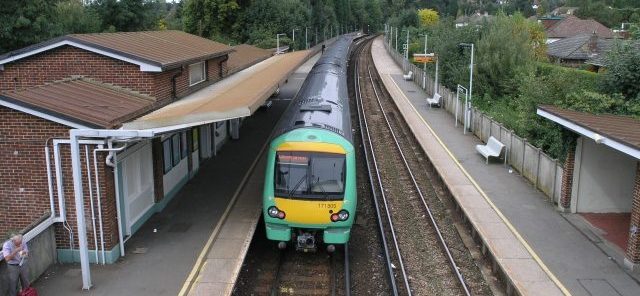‘All is not well’
British workers are set for another hit to their living standards, as rail fares surge to their highest in five years and wages continue to stagnate, even amid steady inflation.
Rail fares for commuters will rise by 3.6 per cent from next year, which are pegged by the government to July’s retail price index (RPI) measure of inflation, announced by the Office for National Statistics (ONS) today (August 15).
Economists predicted the Consumer Price Index (CPI), the official measure of inflation used by the government for wages and interest rates, to rise in July as well, but it held steady at 2.6 per cent, the same as in June. RPI, however, beat economists’ prediction of 3.5 per cent.
Despite the unexpected levelling of inflation, it is still well below expected wage growth which will be announced tomorrow (August 16) and is predicted to be 1.8 per cent year-on-year in the three months to June.
Other indicators reveal the extent of the cost-of-living crisis plaguing British households after the pound has fallen dramatically in value following the EU referendum.
Consumer spending, for example, dropped by 0.8 per cent in real terms last month compared to July 2016. It has fallen for the third month in a row, making this year the longest decline in consumer spending in four years.
Despite falling fuel prices, which would have afforded some relief to working families, the ONS has said that lower petrol prices are offset by the rising price of food, clothes and utilities.
Director of comparethemarket.com Simon McCulloch told the Guardian that inflation “tells only part of the story and certain segments of society are feeling the effects more than others.
“Our research shows that household bills are increasing at twice the rate of today’s inflation figure‎, indicating that families – a group that may be more exposed to higher energy, insurance, petrol and broadband costs as well as mortgage payments – are affected in a more acute way than the ONS’s headline 2.6 per cent figure suggests,” he said.
“Whereas certain elements of the inflationary basket of goods may be remaining flat, households which are already feeling the squeeze are experiencing a period of rapid “billflation”, with the average household paying out £845 a month,” McCulloch added.
A growing mountain of consumer debt is yet another indicator that a superficially steady economy with flat inflation is not all what it seems.
Worrying
Over the last year, household incomes have grown by only 1.5 per cent, but consumer loans such as car loans, credit cards and personal loans have skyrocketed over that time by 10 per cent. This prompted the Bank of England to warn credit card companies and car loan providers last month that another financial crisis is on the cards if such borrowing becomes reckless.
Unite assistant secretary Len McCluksey said today’s latest ONS figures were worrying.
“Inflation has held this month but there is no getting away from the fact that household incomes are taking a continued pounding,” he said. “Today’s huge leap in rail travel costs will put tremendous strain on workers, millions of whom have suffered a year on year fall in the real value of their wages.
“Although inflation has remained stable it is still far outstripping increases in wages, meaning that workers are getting poorer,” he added. “The problem is more acute than the official figures as the real cost of living is shown in the RPI figure which is significantly higher than the official CPI level, the measurement used for wages.
“The UK now has horrific levels of personal debt as people borrow to get by. This is a sure sign that all is not well in our economy.”
McCluskey called for an end to austerity to jumpstart an ailing economy.
“The ability to change this rests firmly with the government and chiefly the chancellor,” he said. “He has access to the gears that can make the economy purr or park. So far he has only pulled the austerity brake. He has to do something other than cut as it is clear that this approach is making our economy unwell and our people poorer.”
 Like
Like Follow
Follow


